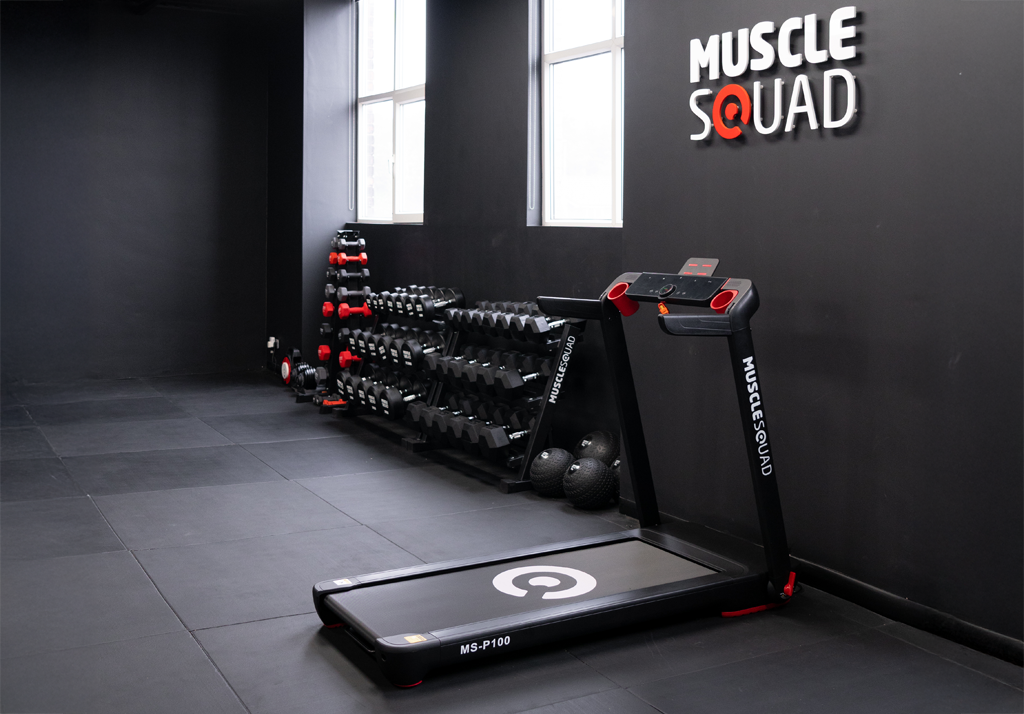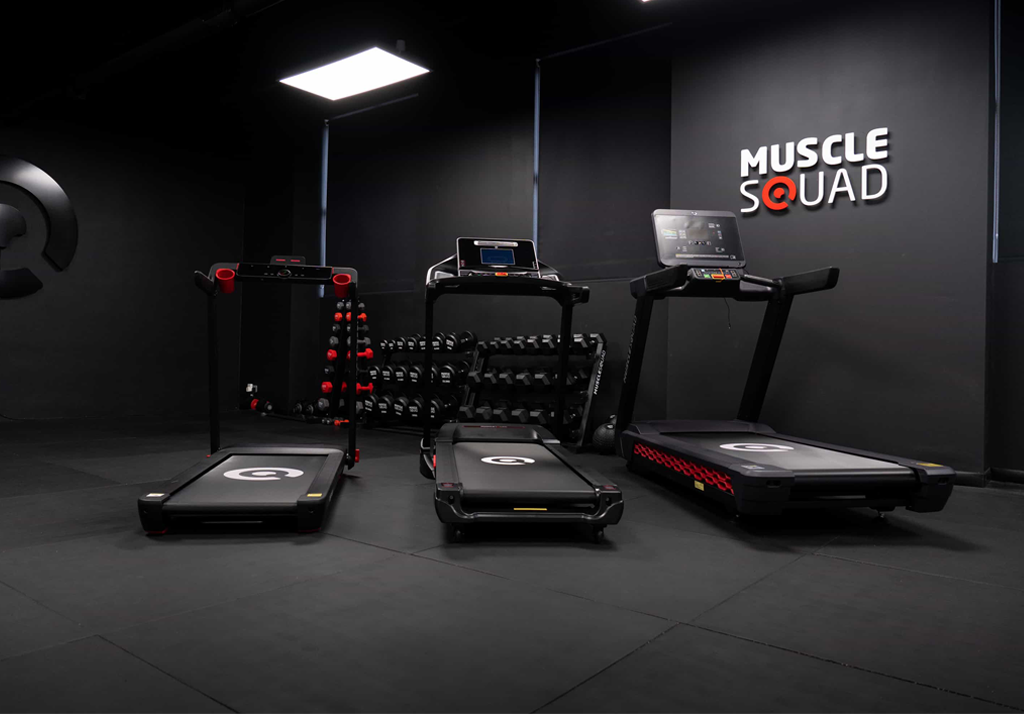Article by Nic
Should we all be doing some kind of cardio? Yes.
What if your fitness goals are gaining muscle or getting insanely strong? Also yes.
Cardio is so important for our bodies, even if every calorie is precious to you, because cardio workouts are about so much more than burning calories.
The definition of “cardio” is any kind of aerobic exercise that raises your heart rate and keeps it up there for a sustained period of time. When you think about it this way, you see that walking can be cardio, and so can lifting weights if you keep the tempo high.
What are the benefits of cardio?
Most people think the main benefit of cardio is increasing calorie burn to help you reach your fat loss goals. But cardiovascular exercise has huge benefits for your short and long term health and mental wellbeing too.
Heart Health Benefits
Cardio exercise strengthens your heart muscle and helps it pump blood more efficiently around your body, which is good news for your entire cardiovascular system from heart to blood vessels. Regular cardio training is a great way to reduce your risk of heart disease and high blood pressure.
Cardio For Sleep
Doing regular cardio can actually help you sleep better at night and feel better during the day. And this kicks of a positive spiral of energy, mood, and exercise adherence so you end up sleeping better and sticking to your training routine.
Cardio For Health
Regular cardio workouts improve lots of short and long term health markers, but one of the most exciting is the immune system. Regular, moderate aerobic exercise increases immunoglobulins in the blood which act as antibodies to strengthen your immune health.
Cardio For Brain Power
Cardio workouts can actually increase your mood, focus, and concentration which is good news for work and study especially as you hit your 30s when brain tissue starts to decline.
What Counts As A Cardio Workout?
Does doing cardio mean you have to lace up your trainers and hop on the treadmill? Not if you don’t want to.
Cardio training is an umbrella term that covers a huge number of workouts and training styles.
Cardio needs to tick two boxes: does it get your heart rate up, and can you keep doing it for 20+ minutes? If the answers to both are yes, then that’s cardio.
Exercise that ticks box one but not box two is HIIT, which is another valuable form of training but it’s not pure cardio.
Should You Do Cardio And Weights Together?
If your main training goal is muscle gain or strength, you might be wary of doing cardio because it can be catabolic to muscle. But most people don’t have the time to do two separate training sessions. So what’s the best way to work cardio into a rounded training routine?
Cardio Then Weights
Should you hop on a piece of gym cardio kit to do your cardio before hitting the weights area? The benefits of this option are using cardio as a warm up. The possible downsides are taking energy from your weights workout. This shouldn’t be an issue unless you are in a dieting phase.
Weights Then Cardio
How about focusing on lifting, then adding some cardio onto the end of your session? This approach will help you focus your energy on good weight training technique. The only possible downside is the cardio eating into that post-training nutrition window, but this will only become relevant if you’re dieting for body re-composition.
Separate Cardio Sessions
Keeping cardio separate is the best option if you want to maintain all your energy and mental focus for your main training session. You could do this by going for a run or walk in the morning or evening, better still, you could invest in a treadmill to do this without having to leave the house.
How Much Cardio Should You Do?
There’s no need to do official cardio every time you train, but it is important to move your body every day. This is where walking comes in handy. If you make a concerted effort to get outside for a walk every day (7,000-10,000 steps is a really good daily target) then you can simply do 2-5 cardio sessions throughout the week.
The UK guidelines for aerobic exercise is “at least 150 minutes of moderate intensity activity, or 75 minutes of vigorous intensity activity a week”, spread throughout the week. If you go for a 20 minute fast paced walk each week day, that’s 100 minutes in the bank, with 50 minutes of more intentional cardio to clock up throughout the week.
Three Ideas For Cardio You'll Love
Team Sports
Organised team sports like netball, football, rugby and so many others are a brilliant way to get cardio whilst having fun with friends. Is there a sport you loved as a kid? Or something you’ve always wanted to try? Find a local club or taster session and book on.
Hilly Walks
Walking is so underrated for cardiovascular health, and it’s a great way to deal with stress. Make it cardio by upping the pace or powering up some hills.
Make It A Challenge
If you need a goal, why not train for a 5K race, a triathlon, or check out an online workout plan to give yourself something to follow.

 Feb 14, 2022 - Fitness Trainer
Feb 14, 2022 - Fitness Trainer


Leave a comment: